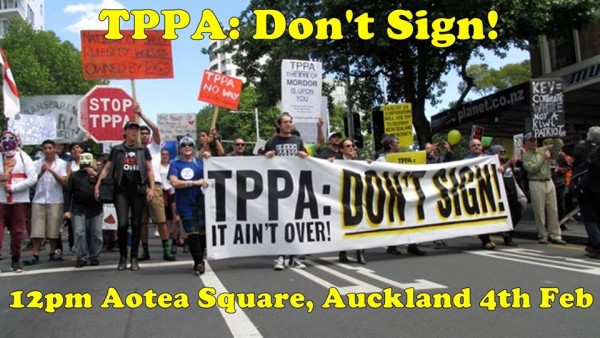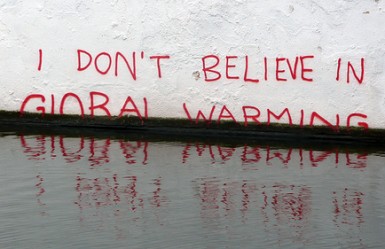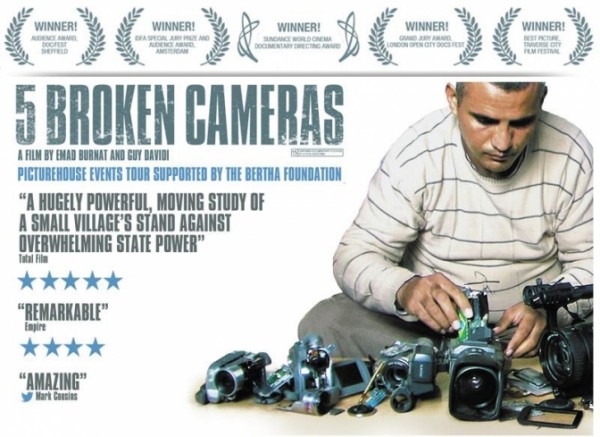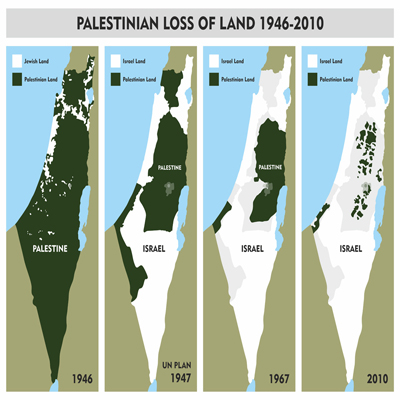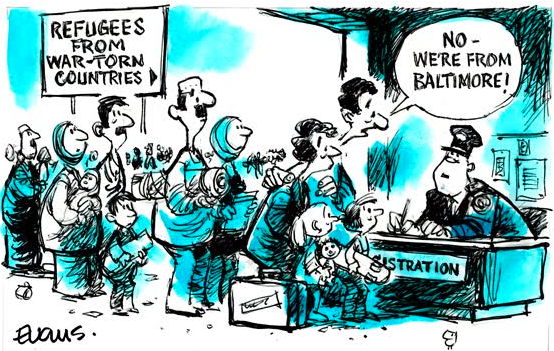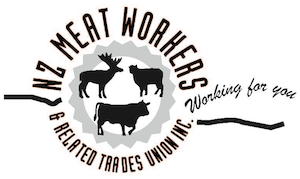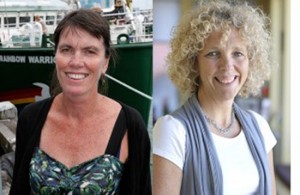Being in the public eye especially as a female politician has never been a walk around Albert Park, The Central Park or what have you. No matter what your personal record, every debate has the very real potential to turn into a disparaging commentary on your gender and you. The way you look, the way you dress, crude questions over whether your biology’s unduly influencing your decision-making suddenly becomes “legitimate” areas for exploration by your opponents and commentators.
And while we’ve yet to see a New Zealand political candidate seriously plumb the depths of Trump’s audacity. For example, his ascribing a female interviewer’s conduct to her having “blood coming out of her … wherever”. This past Parliamentary term has given us such sad spectacles as Labour MP Jacinda Ardern’s political worth being correlated with her physical attractiveness as well as Greens Co-Leader Metiria Turei coming under fire from certain National MPs for her dress-sense and wardrobe.
Older political stalwarts will remember similar gender-derived jibes at Helen Clark about the supposed masculinity of her deep voice and her refusal to perform a traditional gender role by remaining childless (an attack which, interestingly, has also been recently lobbed at Jacinda Ardern).
This is all part of a pernicious trend in Western politics over the past year. Some politicians seem to make a regrettable habit of making craven rhetorical tools out of the essentialized and stereotyped characteristics of certain groups. We’re looking at you, Trump and Key.
We’ve seen it with Muslims, we’ve seen it with drug addicts and the poor – and increasingly, it seems, we’ve also seen it with women. This last trend is particularly concerning, as it represents the direct undermining and reversal of more than a century’s progress towards female political inclusion and emancipation.
Mid-way through last week, Donald Trump engaged in an exercise in projection. He referred to another hopeful Presidential candidate’s conduct as “disgusting”. “Too disgusting”, in fact, for him to “want to talk about it”.
What was the abhorrent act or behavior which his presumptive rival had engaged in so self-evidently heinous that Trump had felt compelled to call her out via allusion on the campaign trail to a packed rally?
Why, she’d used the rest room. How shameful for a 68 year old human female to have to go to the bathroom once in awhile.
Not content with one outburst of genderized biological shaming for the day, Trump then went on to describe Clinton’s 2008 loss in the Democratic Primaries to a male opponent as her being “schlonged”. Now typically this word has grossly misogynist connotations. Just to be clear: it is to be cockslapped by a man with a large penis. Even if we were to give this term a charitable interpretation; there’s a clear and uncomfortable undercurrent of meaning to what Trump said and why he chose to use that particular expression. Think about that for a minute. Take all the time that you need.
The reason why we’re talking about this is deeper than just our disgust and annoyance at Trump’s remarks (and the apparent “win-at-any-costs” mentality which goes with them). This incident deserves commentary, because it’s not just a Trump phenomenon – instead, the regrettable habit of attempting to win votes by objectifying-through-vilification political women is a widespread and repugnant trend that’s highly worth calling out.
We’ve already seen examples of this sort of conduct carried out in New Zealand politics, for instance, wherein beleaguered or bloke-courting politicians from across our political spectrum have sought to do likewise. The apotheosis example in our own politisphere is probably former Labour MP and Minister John Tamihere going on an extended discursive rant about so-called female “front-bums” unfairly dominating the Labour party.
When it’s being consciously employed, this rhetoric represents a deliberate and divisive tactic designed to reach out to what fellow former Labour Minister Shane Jones terms “the blue-collar tradie, blokey voters” which, for some reason, have become something of a holy grail for electioneers and political strategists to attempt to woo.
The trouble is, fallaciously making hay out of alleged female biological weakness and unsuitability for office is not just outright offensive and antiquated. It’s done at the cost of sidestepping genuine and serious issues into the bargain.
By reducing complex political issues down to biological “facts” (which often aren’t really “facts” at all, but instead jaundiced and prejudicial “opinions” with an air of “truthiness” to them), the opinion-makers and regulators of the day get to avoid genuinely engaging with them. In the above example, it’s an extraordinarily convenient lie to claim that the gender pay gap is effectively due to period-derived sick leave – i.e. women’s biology, and also something men often find “too disgusting to want to talk about” a la Trump – because that means there’s no genuine need for systemic, egalitarian change. In this view, there is no “unfairness” in the system. And as such, that old canard about “reverse discrimination” rather than “reversing discrimination” begins to ominously gain traction. For a less genderized example of much the same rhetorical device in action, consider John Key’s recent clanger about child poverty being due to drug addicts rather than neoliberal-fostered economic inequality.
As applies Clinton, the direction of Trump’s attack is especially sad. There are many and highly legitimate reasons to criticize Clinton, her record and her campaign. Her gender – or, for that matter, her taking a little longer to navigate back to her podium at a debate due to the women’s toilets at the venue being located rather further away than the men’s – is not one of them. Also, can we pause here to decide if the distance between the women and men’s bathrooms from the podium is an uncanny symbolism for women having to go an extra mile to prove their suitability for office?
On issues such as the Trans-Pacific Partnership Agreement, for instance, Clinton’s position deserves especial scrutiny – no least because she seems to have done a complete one-eighty degree turn on the trade deal since presiding over its negotiation as Secretary of State. Trump would have been ideally placed to land such a blow. His opposition to the TPPA, for remarkably sane reasons, has been a long-term salient point in his campaign.
Infantilizing political debate and the Republican Primaries works well for Trump. As the old saying goes, trolls will always tend to try and drag a debate down into the gutter – and once they’ve brought you down to their level, it’s far easier for them to win by virtue of greater experience.
But it’s not a good outcome – either for the political arena he competes in, or, we’d argue, for democratic engagement all up. And not just because it means voters are forced to engage with insults rather than policy positions, personalities and philosophies.This sort of gladiatorial baying and braying at one another does little to drag people outside of the core demographic it targets to the polling-booths, despite the way politicians’ reprehensible antics increase awareness by coming to dominate the headlines. Partisans love it, precisely because they’re already fired up and vitriolic about the opponent. Regular, non-aligned voters (or would-be voters) just see grandstanding which isn’t even aimed at the grandstands, but instead right past them and out into the parking-lot.
The other issue is that what public-figure talking heads come out with almost invariably directly influences the opinions and beliefs of first their followers, and then some swathes of the wider community. Even a few years after the Tamihere debacle, his narrative around a bloke-marginalizing female conspiracy which has taken over the Labour Party remains depressingly common in some circles. These things don’t go away. Given the near-Messianic fervor with which Trump appears to be regarded by a not insignificant number of Americans; it doesn’t seem unreasonable to ask what sort of impact his broad promulgation of female inferiority-due-to-biology might have over there. It lingers like a bad odour.
These are all good reasons to call out this kind of conduct and rhetoric whenever it rears its ugly head. But there’s another reason, of course. It’s offensive. Disgusting, in fact. Too disgusting not to talk about.
Curwen Ares Rolinson continues to find new and horrifying reasons not to be too upset about a putative US travel ban. Every time Trump turns up on the news, in fact.
Khyati Shah can be found reading Foucault and dancing to T-Pain. Occasionally, at the same time.




